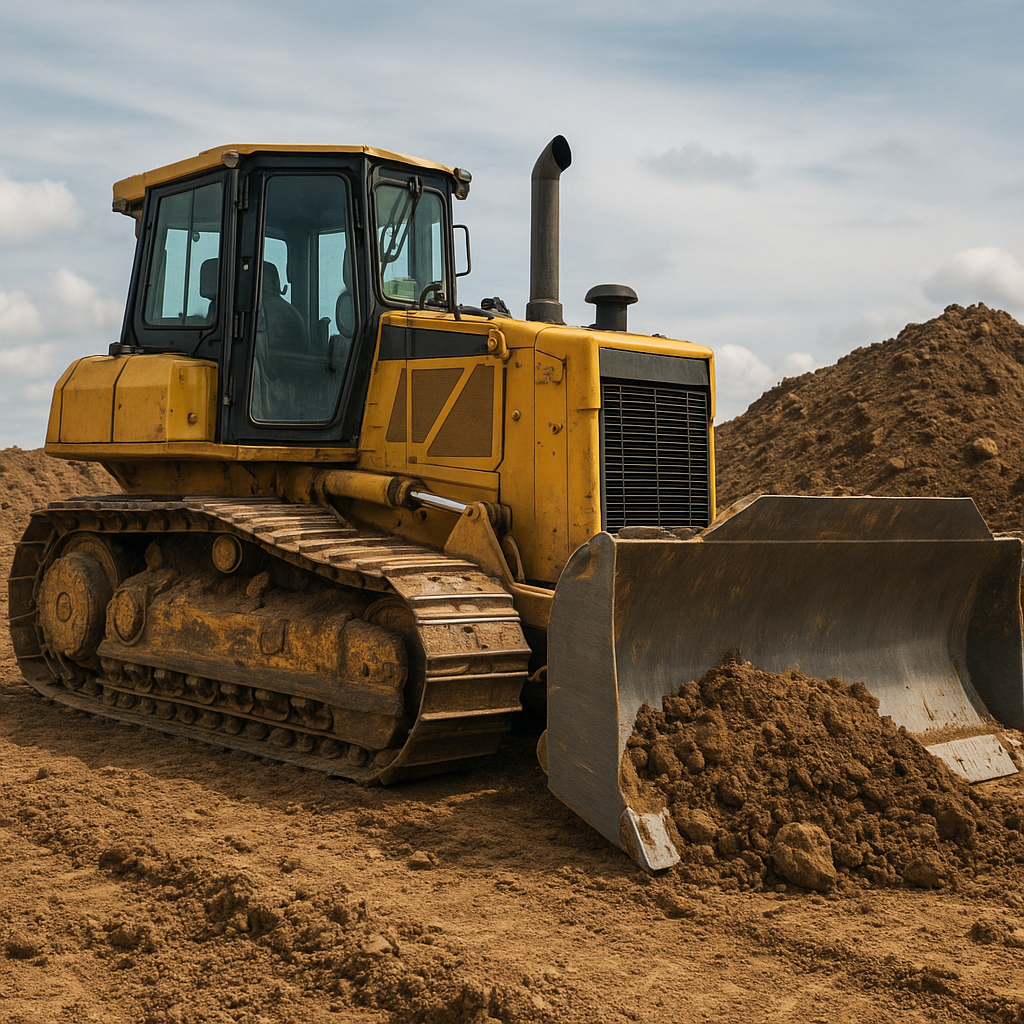
Industrial motors are the backbone of many manufacturing and production processes, consuming a significant portion of the world’s electrical energy. Optimizing their energy efficiency is not only crucial for reducing operational costs but also for minimizing environmental impact. This article delves into the strategies and technologies that can be employed to enhance the energy efficiency of industrial motors, ensuring a sustainable and cost-effective operation.
Understanding the Basics of Industrial Motors
Industrial motors are essential components in various sectors, including manufacturing, mining, and transportation. They convert electrical energy into mechanical energy, driving machinery and equipment. The efficiency of these motors directly impacts the overall energy consumption of industrial facilities. Therefore, understanding the basics of how these motors operate is the first step towards optimizing their energy efficiency.
There are several types of industrial motors, including AC (Alternating Current) motors, DC (Direct Current) motors, and servo motors. Each type has its own set of characteristics and applications. AC motors, for instance, are widely used due to their robustness and simplicity. They are typically more energy-efficient than DC motors, which are used in applications requiring variable speed and torque.
The efficiency of an industrial motor is determined by its ability to convert electrical energy into mechanical energy with minimal losses. These losses can occur due to various factors, such as friction, heat, and electrical resistance. By understanding these factors, industries can implement measures to reduce energy wastage and improve motor performance.
Strategies for Enhancing Energy Efficiency
Improving the energy efficiency of industrial motors involves a combination of technological upgrades, regular maintenance, and operational adjustments. Here are some effective strategies:
1. Regular Maintenance and Monitoring
Regular maintenance is crucial for ensuring that industrial motors operate at peak efficiency. This includes routine inspections, cleaning, lubrication, and the replacement of worn-out parts. Monitoring motor performance through sensors and diagnostic tools can help identify inefficiencies and potential issues before they lead to significant energy losses.
2. Upgrading to High-Efficiency Motors
One of the most effective ways to enhance energy efficiency is by upgrading to high-efficiency motors. These motors are designed to minimize energy losses and operate more efficiently than standard models. Although the initial investment may be higher, the long-term savings in energy costs can justify the expense.
3. Implementing Variable Frequency Drives (VFDs)
Variable Frequency Drives (VFDs) are devices that control the speed and torque of AC motors by varying the frequency and voltage of the power supply. By adjusting motor speed to match the load requirements, VFDs can significantly reduce energy consumption and improve efficiency. They are particularly beneficial in applications with varying load demands, such as pumps and fans.
4. Optimizing Motor Sizing
Proper motor sizing is essential for energy efficiency. Oversized motors can lead to unnecessary energy consumption, while undersized motors may not provide adequate power, leading to inefficiencies. Conducting a thorough analysis of the load requirements and selecting the appropriate motor size can help optimize energy use.
5. Power Factor Correction
Power factor is a measure of how effectively electrical power is being used. A low power factor indicates poor energy efficiency, resulting in higher energy costs. Implementing power factor correction devices, such as capacitors, can improve the power factor and reduce energy losses in industrial motors.
Technological Innovations in Motor Efficiency
Advancements in technology have led to the development of innovative solutions for enhancing the energy efficiency of industrial motors. These innovations not only improve performance but also contribute to sustainability efforts.
1. Smart Motor Systems
Smart motor systems integrate advanced sensors, IoT (Internet of Things) technology, and data analytics to monitor and optimize motor performance in real-time. These systems can detect inefficiencies, predict maintenance needs, and adjust operations to maximize energy efficiency. By leveraging data-driven insights, industries can achieve significant energy savings and reduce downtime.
2. Permanent Magnet Motors
Permanent magnet motors use magnets to generate a magnetic field, eliminating the need for electrical excitation. This results in higher efficiency and reduced energy losses compared to traditional induction motors. Permanent magnet motors are particularly effective in applications requiring high torque and precision control.
3. Energy Recovery Systems
Energy recovery systems capture and reuse waste energy generated during motor operation. This can include heat recovery systems that convert excess heat into usable energy or regenerative braking systems that recover energy during deceleration. By harnessing waste energy, industries can further enhance the overall efficiency of their motor systems.
Conclusion
Optimizing the energy efficiency of industrial motors is a multifaceted approach that involves technological upgrades, regular maintenance, and strategic operational adjustments. By implementing these strategies, industries can significantly reduce energy consumption, lower operational costs, and contribute to environmental sustainability. As technology continues to advance, the potential for further improvements in motor efficiency will only increase, paving the way for a more sustainable industrial future.

